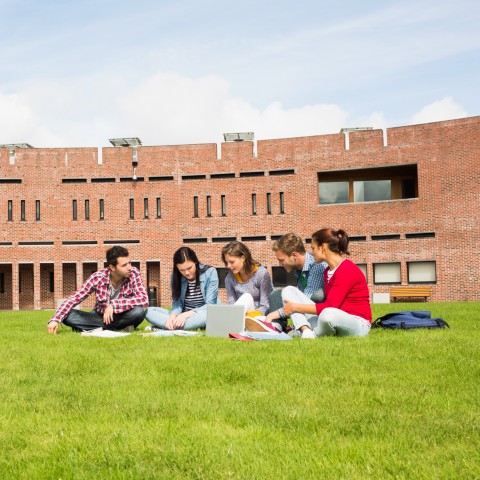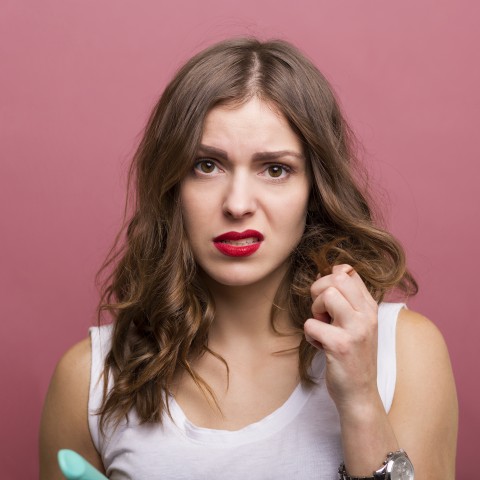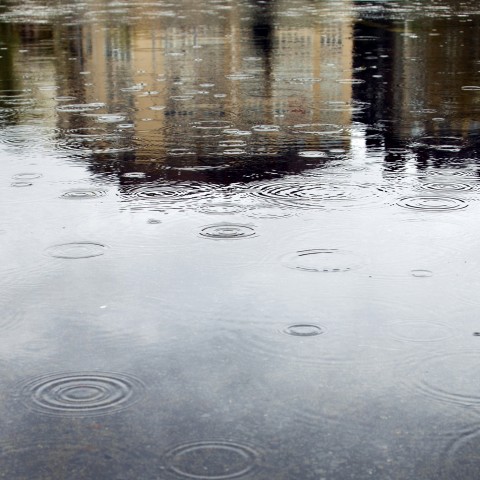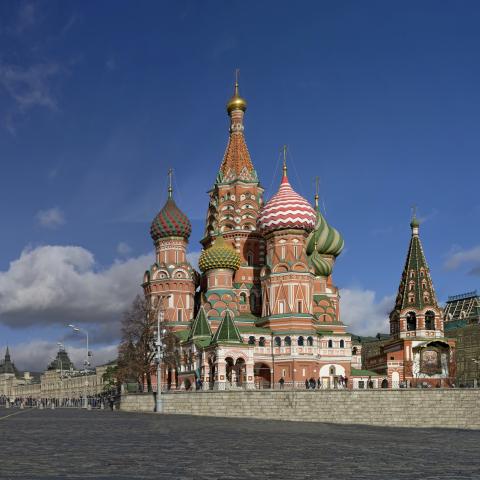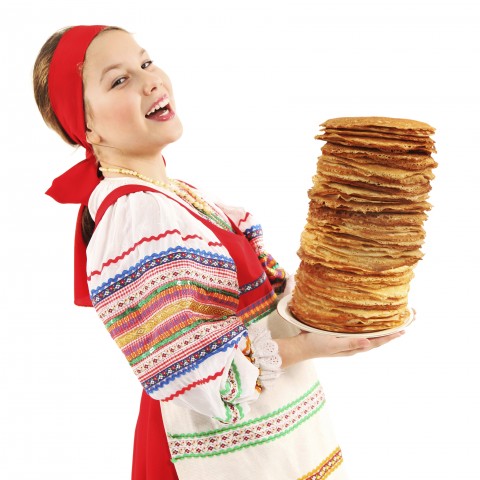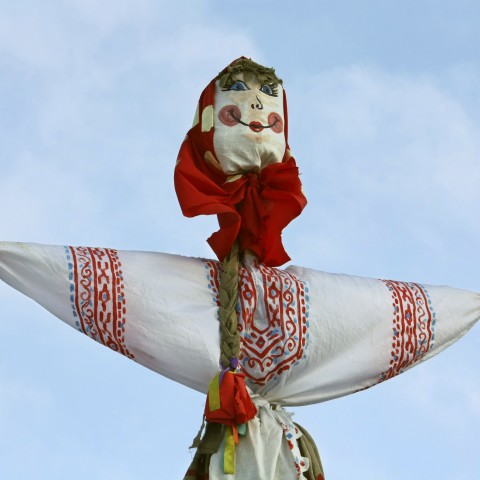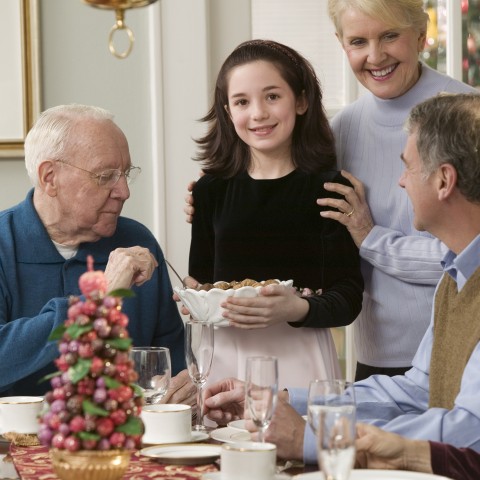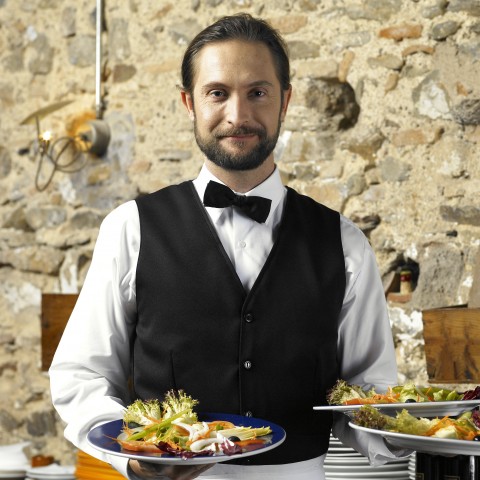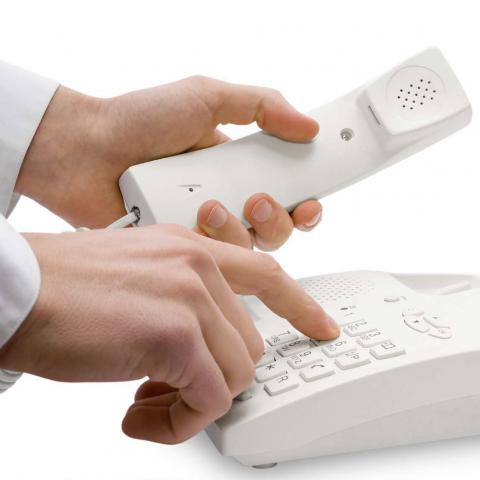Russian prepositions are the glue of a sentence, connecting pronouns, nouns, and other words in order to convey the most accurate meaning and describe how things relate to each other. If you don’t know the main prepositions of the Russian language and have no idea how to use prepositions in Russian grammar, then you can’t write or speak the language correctly.
In this article, you’ll find everything you need to master Russian prepositions and Russian prepositional cases. If you study properly, your Russian speech will become much richer and clearer.

Table of Contents
- What is a Preposition?
- Prepositions of Time
- Prepositions of Location
- Prepositions of Relation
- Quiz
- Conclusion
1. What is a Preposition?
Learn Russian prepositions & grammatical cases and communicate easily!
Russian prepositions are small words that precede a phrase and connect that phrase to the rest of the sentence. Russian language prepositions work the same way as they do in English, but with one significant difference: they put the phrase that follows into one of the six grammatical cases.
In turn, this influences the endings; for example, there are special Russian prepositional case endings. If you don’t use these endings correctly, you make serious mistakes. Of course, you’ll still be understood by native speakers, but it’s better for you to avoid mistakes when possible.
In our Russian prepositions list, we won’t focus too much on these grammatical cases. Instead, we’ll simply outline the most common Russian prepositions for time, location, and relations, and provide a little information on what case to use for each word. And at the end, we’ll quiz you!
It’s not cool to make mistakes with Russian endings.
2. Prepositions of Time
The most common preposition of time in the Russian language is В (“At”). We use it when we want to express that something happened at an exact time. In most cases, this Russian preposition is used with a numeral and the genitive case afterwards. For example:
- Я прихожу на работу в 11 утра
Ya prikhozhu na rabotu v 11 utra.
“I start my work at 11 a.m.”
Another time-related preposition is C (“Since”). It allows us to say that something started, or starts, at a definite time. This preposition is also combined with a numeral, and is another one of the Russian genitive case prepositions. For example:
- Я работаю с 11 утра
Ya rabotayu s 11 utra.
“I’ve been working since 11 a.m.”
The next important Russian preposition of time is До (“Until”). We use it to declare that something finishes (or finished) at a certain time. Like in the examples above, it’s used together with a numeral and the genitive case:
- Я работаю до 7 вечера
Ya rabotayu do 7 vechera.
“I work until 7 p.m.”
Russians often combine the prepositions С (“Since”) and До (“Until”) as follows:
- Я работаю с 11 утра до 7 вечера
Ya rabotayu s 11 utra do 7 vechera.
“I work since 11 a.m. till 7 p.m.” (Or: “I work from 11 a.m. to 7 p.m.”)
There’s another Russian preposition of time you should know, though it’s not very popular. It’s called Назад (“Ago”). This preposition means that something happened, or was happening, in the past. It’s usually preceded by the genitive case and a numeral. For example:
- Я работал в офисе 3 месяца назад
Ya rabotal v ofise 3 mesyatsa nazad.
“I was working in the office 3 months ago.”
Also keep in mind the preposition К (“By”). It helps us express that something will happen by some time in the future. Be attentive: This one is followed by a numeral and the dative case. For instance:
- Я приду в офис к 11 утра
Ya pridu v ofis k 11 utra.
“I’ll be in the office by 11 a.m.”
Finally, try to remember the preposition В течение (“During”), which is used together with the genitive case. This preposition will help you say that you’ve been doing something for some period of time. For example:
- Я работаю в этой компании в течение полугода
Ya rabotayu v etoy kompanii v techeniye polugoda.
“I’ve been working in this company during [for] six months.”
If you know Russian prepositions of time, then you can talk about work without any problems.
3. Prepositions of Location
The main Russian preposition of location is В (“In”). You should use it if you want to say that you’re inside (a building, for example). This preposition is used with the Russian prepositional case. Look at these Russian prepositional case examples:
- Я в офисе
Ya v ofise.
“I’m in the office.” - Она в магазине
Ona v magazine.
“She’s in the shop.” - Он в парикмахерской
On v parikmakherskoy.
“He’s in the barbershop.”
There’s also a popular preposition named На (“At”). It means the same as “In” and we use it in the same cases (and also with the Russian prepositional case). However, we use it with different words. Have a look at these Russian prepositional case examples:
- Я на работе
Ya na rabote.
“I’m at work.” - Она на вечеринке
Ona na vecherinke.
“She’s at the party.” - Он на пляже
On na plyazhe.
“He’s on the beach.”
In Russian, we don’t have specific rules on when to use В and when to use На. We recommend that you use В anytime you’re not sure, because it’s much more popular.
Another Russian preposition of location for you is Из (“From”). Use this one to say that you come from somewhere or have traveled from one place to another. The noun used after Из must be in the genitive case. Here are two good examples of this combination for you:
- Я из Москвы
Ya iz Moskvy.
“I’m from Moscow.” - Я приехал сюда из Москвы
Ya priyekhal syuda iz Moskvy.
“I came here from Moscow.”
У, Возле, and Около (“Near” / “By”) are very commonly used Russian prepositions of location. You need them if you want to show that something isn’t far away from you, another person, or another object. These prepositions are followed by the genitive case only:
- Я сейчас у / возле / около реки
Ya seychas u / vozle / okolo reki.
“I’m near / by the river now.”
If you’re going to talk about the location of something in space, use the Russian prepositions Позади (“Behind”) and Впереди (“In front”) together with the genitive case, like in the examples below:
- Позади стола стояли два стула
Pozadi stola stoyali dva stula.
“There were two chairs behind the table.” - Он ехал впереди всех
On yekhal vperedi vseh.
“He was riding in front of everyone.”
Other important prepositions of location you should know are Под (“Under”) and Над (“Above”). Of course, there are many more Russian language prepositions of this type, but they’re used less frequently. Check out these examples:
- Кот под столом
Kot pod stolom.
“The cat is under the table.” - Над нами солнце
Nad nami solntse.
“The sun is above us.”
Prepositions of location will help you express your simple observations.
4. Prepositions of Relation
The most widely used Russian preposition of relation that you should definitely know is О / Об (“About”). It’s always followed by the Russian prepositional case endings. In addition to using prepositional case Russian endings, remember another important thing: We use О when the first letter of the word next to it is a consonant, and Об when it’s a vowel. Russian prepositional case examples are:
- Я хочу рассказать тебе о Джейн
Ya khochu rasskazat’ tebe o Dzheyn.
“I want to tell you about Jane.” - Я хочу рассказать тебе об Эмме
Ya khochu rasskazat’ tebe ob Emme.
“I want to tell you about Emma.”
The next preposition of relation for you is От (“From”). It’s connected with the genitive case. This one is used to express that you’ve heard about something from somebody, like in the following example:
- Я узнала об этом от Джейн
Ya uznala ob etom ot Dzheyn.
“I knew about it from Jane.”
Another Russian preposition of relation is Из-за (“Because of”). We use it to mention a reason for something, and connect it with the genitive case. For instance:
- Это случилось из-за меня
Eto sluchilos’ iz-za menya.
“It happened because of me.”
If you want your Russian speech to be really rich, remember the preposition Согласно (“According to”). It helps us refer to something or somebody, and is another one of the Russian dative case prepositions. Look at this example:
- Согласно отчёту, он уволен
Soglasno otchyotu, on uvolen.
“According to the report, he’s fired.”
The preposition Кроме (“Apart from”) is not very common, but you’d better remember it if you want to make slightly more complex sentences. You should combine it with the genitive case like this:
- Кроме меня там никого не было
Krome menya tam nikogo ne bylo.
“There was nobody there apart from me.”
Prepositions of relation are not easy, but they’re definitely worth knowing!
5. Quiz
We’ve prepared a quick quiz on Russian prepositions to help you check your knowledge. Fill in the blanks with the right prepositions:
1. Она ___ баре (Ona ___ bare).
a) в
b) на
c) около
d) c
2. Марк ___ работе (Mark ___ rabote).
а) в
b) на
с) около
d) с
3. Завтра я буду гулять с 10 ___ 12 утра (Zavtra ya budu gulyat s 10 ___ 12 utra).
a) в
b) до
c) около
d) кроме
4. Рейс отменили ____ погоды (Reys otmenili ____ pogody).
a) от
b) с
c) об
d) из-за
5. ____ книге, это случилось в 2009 году. (____ knige, eto sluchilos v 2009 godu).
a) под
b) возле
c) согласно
d) на
The right answers are a, b, b, d, c. If you’ve done everything correctly, receive our congratulations. If you’ve made one or more mistakes, don’t worry. Just look at our explanations:
- This sentence is translated as “She’s at the bar,” so we put the preposition of location В before the noun.
- The translation of this sentence is “He is at work.” As we mentioned above, the Russian word Работа (“Work”) is combined with На, not with В.
- In this sentence, we show the duration of something by combining two Russian prepositions: C and До. If you need the translation, here it is: “Tomorrow, I’ll be out since [from] 10 a.m. until 12 a.m.”
- This sentence translates to “The flight was canceled because of the weather.” The Russian equivalent of the English “Because of” is Из-за, so it’s easy.
- The fifth sentence is translated into Russian as: “According to the book, it happened in 2009.” The only Russian translation of the English preposition “According to” is Согласно.
6. Conclusion
We’ve given you all the basic information about Russian prepositions, and Russian prepositional case examples. We’re sure that this will greatly improve your further studies of the Russian language.
On the other hand, there’s still a lot of information about Russian prepositions and Russian prepositional case endings that you don’t know. We’re ready to help you fix that!
You can check out some of the free lessons on RussianPod101, or get our Premium PLUS service and use our MyTeacher program. If you choose the second option, then you’ll be taught individually by a native Russian speaker. It’s the most effective way to learn Russian prepositions and so much more. You can try it right now!
In the meantime, let us know in the comments how you feel about prepositions in Russian so far. Did we answer your questions, or are you still unsure about something? We look forward to hearing from you!






